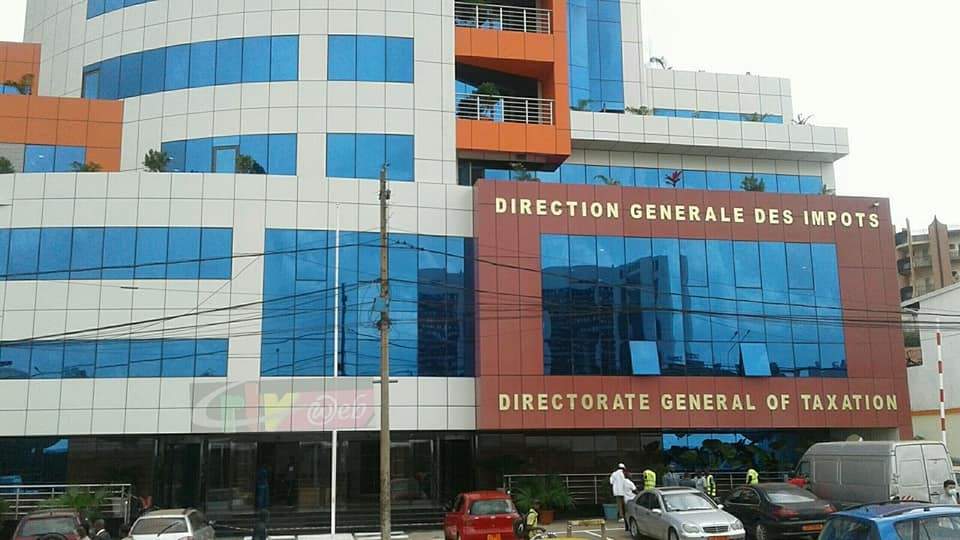
Fintech – Simplified procedure to recover erroneously transferred funds through payment service providers
In an ongoing commitment to safeguard consumers of payment services, foster trust in the use of payment accounts, and facilitate […]
Our expert legal team boasts exceptional knowledge of diverse laws and policy orientation in the countries where we provide top-notch client support.
Expert insight & up-to-date legal knowledge is key to our success as Africa’s top client-focused Law Firm.
At our firm, sharing knowledge and lessons learned is a key part of our culture.
Our team of dedicated and innovative attorneys in Cameroon is known for their agility, creativity, and forward-thinking approach. We provide seamless legal services and tailored solutions for even the most complex legal issues.

The recently enacted Law N° 2023/019, dated December 19, 2023, marks a significant turning point in the financial landscape of Cameroon. As the cornerstone of the 2024 fiscal year, this Finance Law, promulgated by the President of the Republic, brings about critical modifications to the General Tax Code, reflecting the nation’s evolving economic priorities and strategies. This article delves into these changes, offering a detailed exploration of their implications for businesses and individuals across Cameroon.
– taxpayers under the large-scale management unit: March 15th
– taxpayers under the small and medium-size and specialized centers :
April 15th
– taxpayers under divisional centers: May 5th

Attorney-at-law | Corporate-Commercial | Technology (FinTech+Blockchain+Cryptocurrency) | Securities | Tax| Managing Partner at 4M Legal and Tax ( Law Firm in Cameroon)

In an ongoing commitment to safeguard consumers of payment services, foster trust in the use of payment accounts, and facilitate […]

In a decisive stride towards enhancing transparency and accountability, the 2023 Finance Law of Cameroon introduced a comprehensive framework imposing […]

The recently published report on payment services by the Central Bank of CEMAC Member States demonstrates the awareness of the […]
©2023 4M Legal & Tax. All Rights Reserved.
